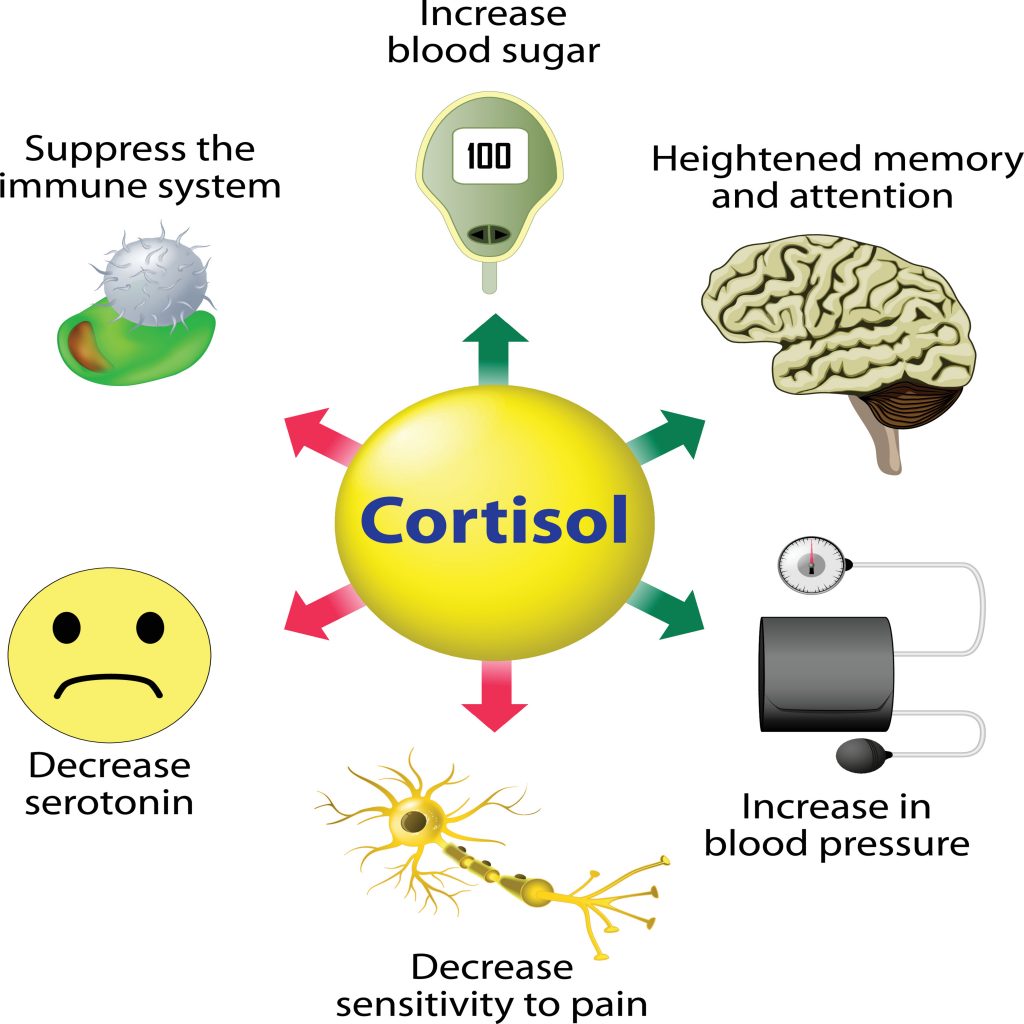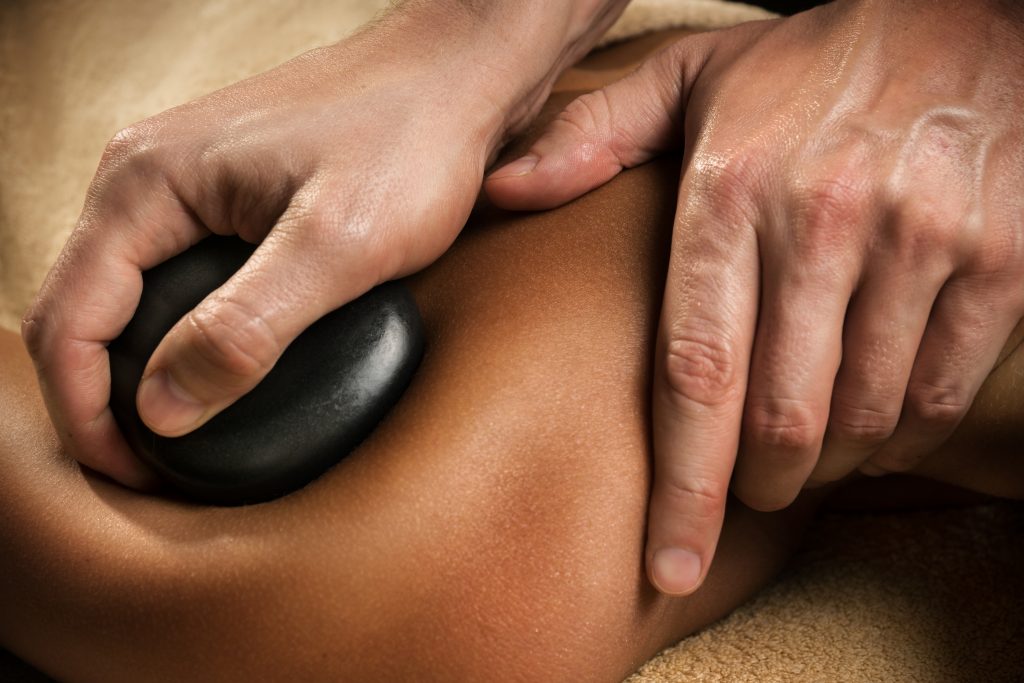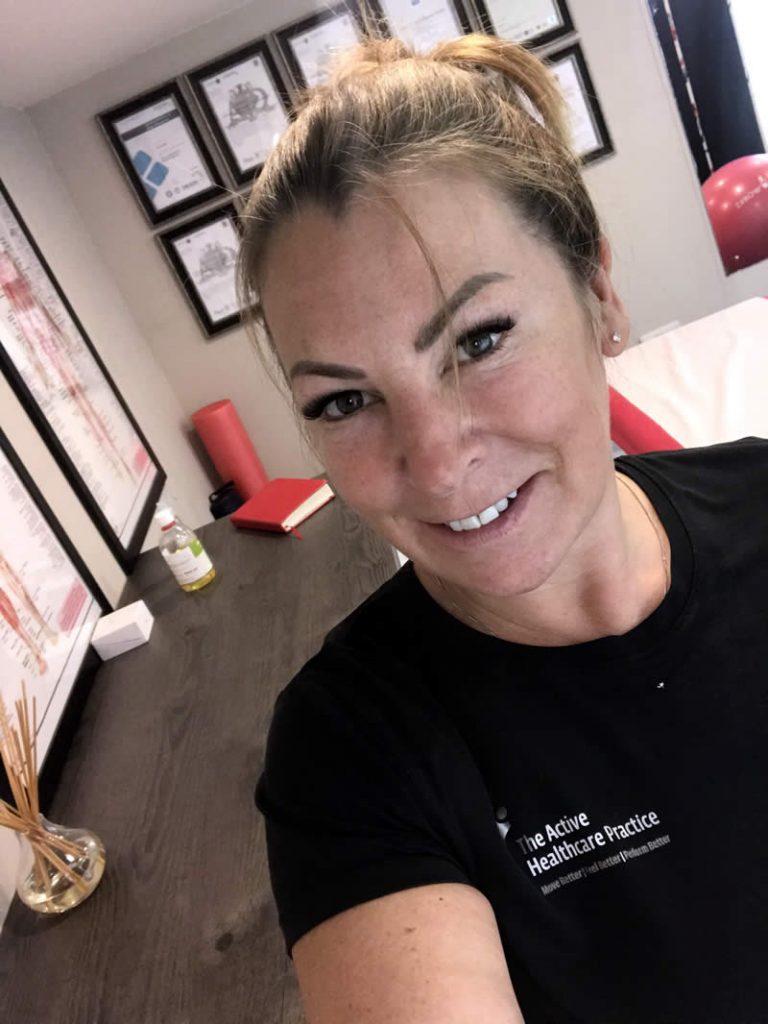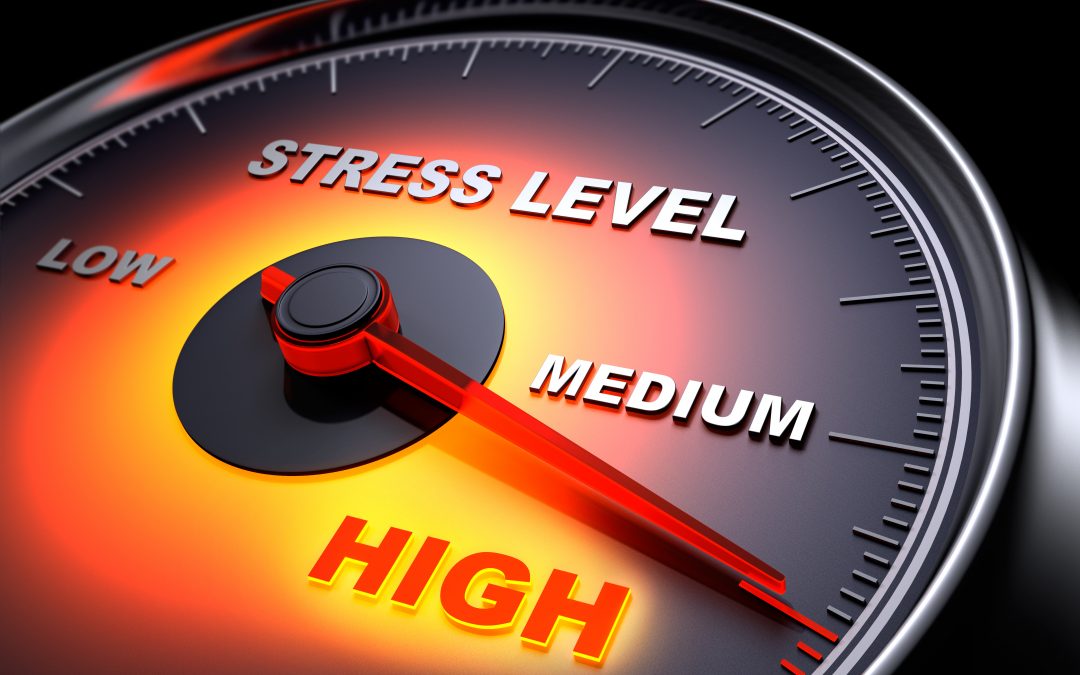Stress is ok in small, short doses.
Our body’s response to stress, is often known as the “fight-or-flight” response because it evolved as a survival mechanism, enabling us to react quickly to difficult or life-threatening situations. It is a normal, instinctive response to keep you safe and avoid being injured such as being able to quickly slam the brakes on in your car to avoid hitting something. Short bursts of stress get you through difficult situations and can even help you achieve tasks. You might recognise the feeling of butterflies or sweaty palms or feeling your heart beat faster, like the feeling you get before having to take an exam, or having to stand up to talk in front of a group of people. However, what can we do about it? Read on for our tips on how to lower stress levels…
Stress levels and Covid19
Currently, the Covid-19 Pandemic is having an enormous contribution to peoples’ stress levels, with concerns over job security, health and uncertainty about the future. Everyone handles stress differently and we are finding that some people are experiencing the effects of chronic stress for the first time, or more acutely, triggered by worries associated with Coronavirus.
Sounding the alarm
The brain sets off alarm systems in your body and prompts your adrenal glands, located on top of your kidneys, to release a surge of hormones, including adrenaline and cortisol. Adrenaline increases your heart rate, elevates your blood pressure and boosts energy supplies. Cortisol, the primary stress hormone, increases sugars (glucose) in the bloodstream, enhances your brain’s use of glucose and increases the availability of substances that repair tissues.

Cortisol also suppresses functions that would be non-essential or detrimental in a fight-or-flight situation. It suppresses the immune system and digestive system, the reproductive system and growth processes. The body’s stress-response system is usually self-limiting and our bodies are naturally programmed to handle small doses of stress very effectively for short periods of time. Once a perceived threat has passed, hormone levels return to normal and suppressed systems start to function again, but prolonged exposure to stressful situations such as work or relationship pressures, and financial worries can make your body feel like it is constantly under attack, and the hypothalamus (the control centre of the brain) carries on sounding the alarm, causing continuous release of the stress response hormones.
The alarm bell carries on sounding
Over time, repeated activation of the stress response takes a toll on the body. Chronic stress contributes to high blood pressure, promotes the formation of artery-clogging deposits, and causes brain changes that may contribute to anxiety, depression, addiction and obesity, raises inflammation and cytokines in the body and lowers our immune system and can make us hypersensitive to pain. This puts you at increased risk of many health problems, including:
- Anxiety
- Depression
- Digestive problems
- Headaches
- Chronic pain
- Heart disease
- Sleep problems
- Frequent colds and infections
- Weight gain
- Fatigue
- Memory and concentration impairment
Tips on how to lower stress levels
Stressful events are facts of life and very often we can’t change our current situation to remove the stressor. But we can take effective steps to manage stress levels and lower the body’s stress response.
The most important and effective strategies in managing the stress response are self care strategies:
- Diet. Eating a healthy balanced diet and avoiding sugary and junk food will help regulate blood sugar levels, reduce inflammation and supply vital nutrients required for normal body functions and a healthy immune system.
- Physical activity. Exercise, such as taking a brisk walk , not only deepens breathing but also helps relieve muscle tension. Movement therapies such as yoga combine movements which can help with muscle tightness and deep breathing and mental focus, which can help promote feelings of calm.
- Getting a massage. Research has shown that 60 minutes of massage can reduce stress hormones by 30%. It also releases serotonin, the body’s natural mood enhancer. Other hormones released during this type of therapy help to relax muscles and relieve pain.
- Try acupuncture. Acupuncture can have a powerful response on the central nervous system, blocking stress hormones and releasing endorphins to boost mood and aid relaxation. If you don’t like the idea of needles, cupping therapy and acupressure therapy can have a similar effect.
- Hobbies. Taking time for hobbies, such as reading a book or listening to music
- Fostering healthy friendships. Confidants, friends, acquaintances, co-workers, relatives, spouses, and companions all provide a life-enhancing social net — and may even increase longevity. It’s not clear why, but the buffering theory holds that people who enjoy close relationships with family and friends receive emotional support that indirectly helps to sustain them at times of chronic stress and crisis.
- Counselling. Seeking professional counselling when needed.
We can help

At The Active Healthcare Practice, we offer a range of treatments which are known to help our bodies manage stress. Sports massage and Deep Tissue Hot Stones massage can help with aches and pains and massage is known to have a positive effect on the central nervous system.
At The Active Healthcare Practice, we offer a range of treatments which are known to help our bodies manage stress. Sports massage and Deep Tissue Hot Stones massage can help with aches and pains and massage is known to have a positive effect on the central nervous system.
We offer Medical Acupuncture for myofascial pain, which releases pain killing endorphins and other hormones which help reduce inflammation and promote smooth muscle tone and has a powerful relaxing effect on the vascular system.
Myofascial dry cupping (vacuum therapy), which lifts the tissues, has a similar effect on the body to acupuncture, stimulating the central nervous system to release stress busting hormones and increasing blood flow to tight muscles.
We also offer Clinical Yoga classes on a 1 to 1 basis in clinic or via group classes online through Zoom. Yoga helps to stretch tight muscles and improve flexibility, helps with proper function of the body’s lymphatic system and encourages deep breathing.

About the author:
Julia Cuttelle is Founder of The Active Healthcare Practice. She had sustained a back injury in 2014 and found that, whilst a range of therapies helped get her back on her feet again, she was unable to find one practitioner who could provide a broad range of therapies alongside rehabilitation.
Hence Julia established the Active Healthcare Practice to fill that gap, providing a unique blend of treatments. She holds a level 4 ITEC diploma in Sports Massage therapy, alongside a Level 4 Personal Training and Exercise Referral specialist qualification. She holds the renowned OMT Diploma in Osteopathic Articulation and is a certified OMT Osteopathic Advanced Spinal and Peripheral Manipulation and OMT Medical Acupuncture practitioner.


Recent Comments